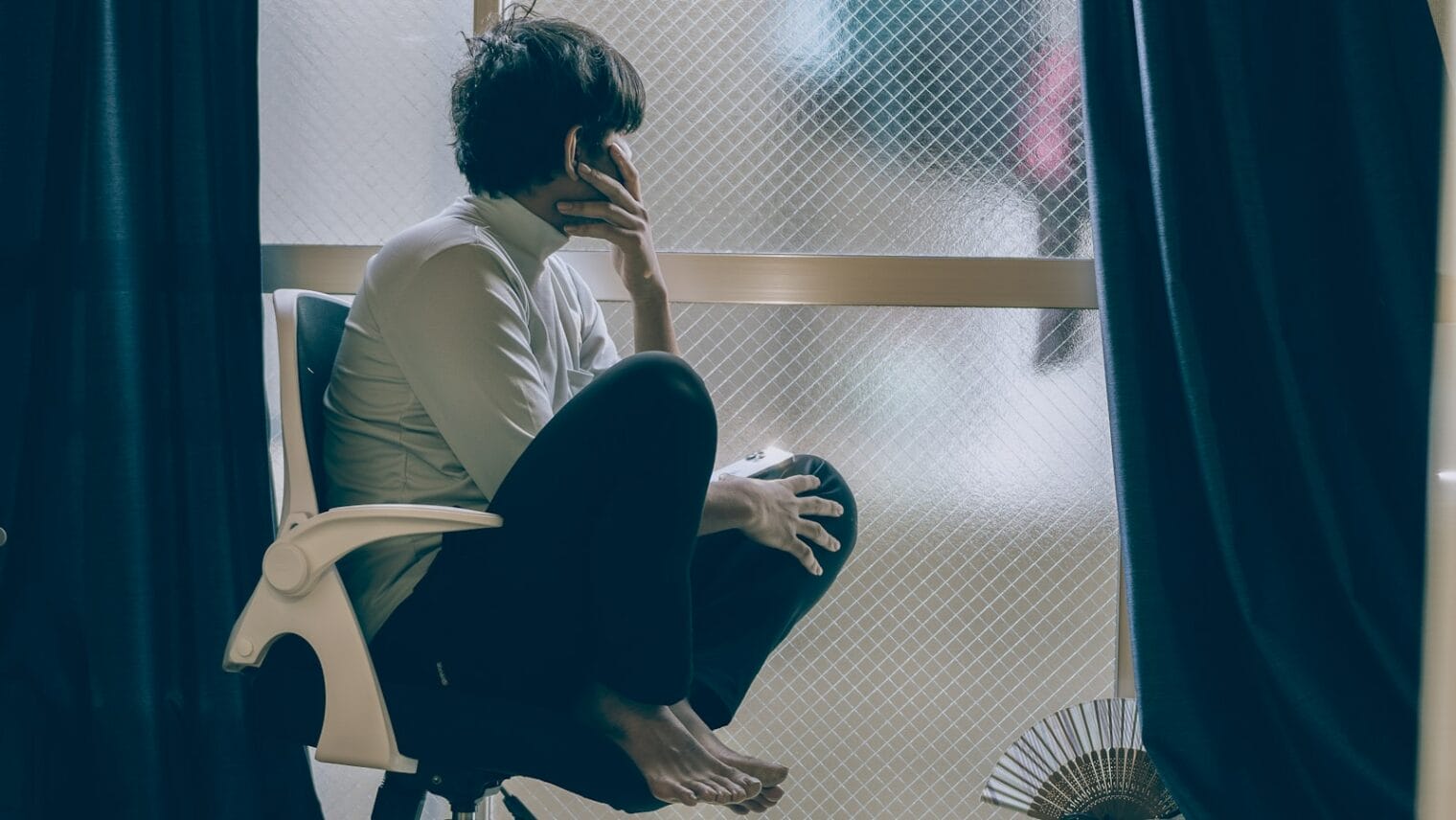This article was originally written and posted by McLean Hospital.
Mental health stigma affects all ethnicities, cultures, and nationalities, but Asian Americans may be more impacted than most.
The National Latino and Asian American Study reported that while 18% of the general U.S. population sought mental health services and resources, only 8.6% of Asian Americans did so.
A related study found that white U.S. citizens take advantage of mental health services at three times the rate of Asian Americans.
So, why don’t most Asian Americans seek help for mental illness?
Pressures in the Community
One University of Maryland study examined the mental health needs of young Asian American adults. Study participants were either born in India, Cambodia, China, Indonesia, Korea, Taiwan, Thailand, or Vietnam or recently immigrated from those countries.
The researchers learned that these individuals faced a range of pressures and problems that discouraged them from seeking help for mental health concerns.
Some said they felt tremendous pressure to be academically or professionally successful. To stay focused, they ignored or denied symptoms. Others cited cultural concerns. They explained that mental health was a taboo topic in their communities.
Geoffrey Liu, MD, explains stigma in the community. “For some Asian Americans, there’s a real sense that your value as a person depends on your ability to take care of your family and community.”
Liu shares, “This way of thinking originated, for East Asians, from an ancient philosophical tradition called Confucianism. Mental illness is seen—and I should emphasize, incorrectly—as taking away a person’s ability to care for others. For that reason, it’s seen as taking away someone’s identity or purpose. It’s the ultimate form of shame.”
For some, the pressure of being part of a “model minority” stood in the way of treatment.
Many Asian Americans see themselves as part of a group that seamlessly integrated into their new society. They characterize themselves as intelligent, industrious, and fully in charge of their lives.
For many, admitting to “weakness” would be letting down the entire community.
“It’s easy to say that the reason Asian Americans don’t seek care is the way their culture stigmatizes mental illness,” says Liu. “That stance, though, ignores the role we all play in enhancing stigma by allowing dangerous stereotypes, like ‘model minority,’ to persist.”
To read the rest of this article, head to mcleanhospital.org




Leave a Reply